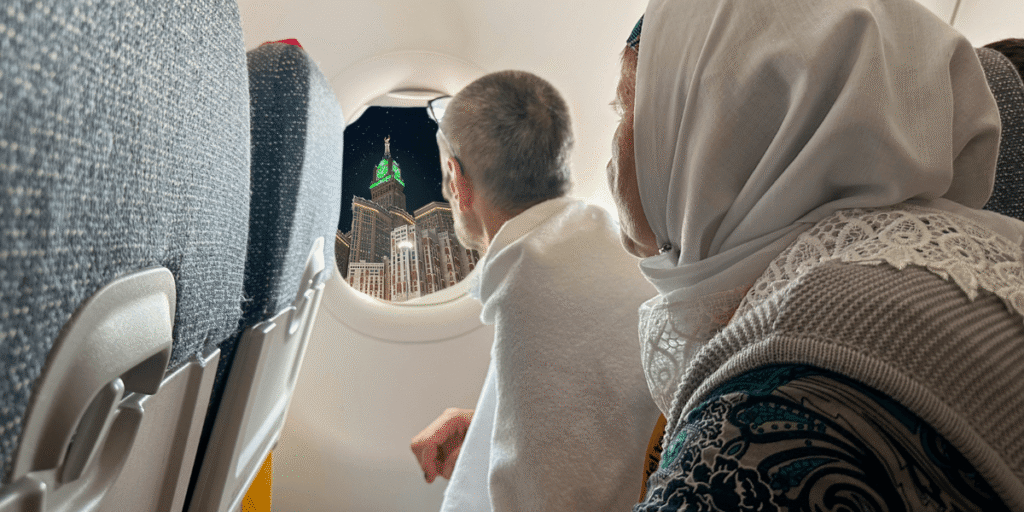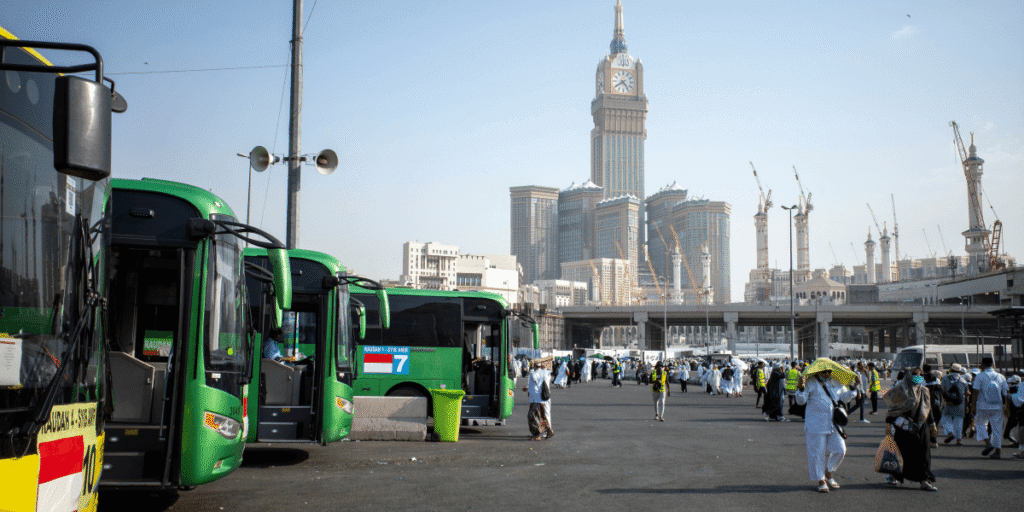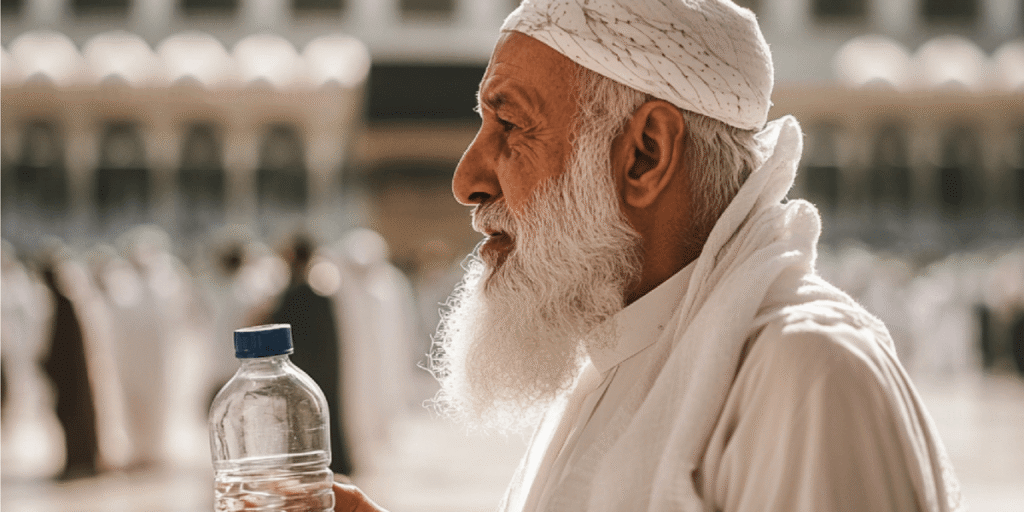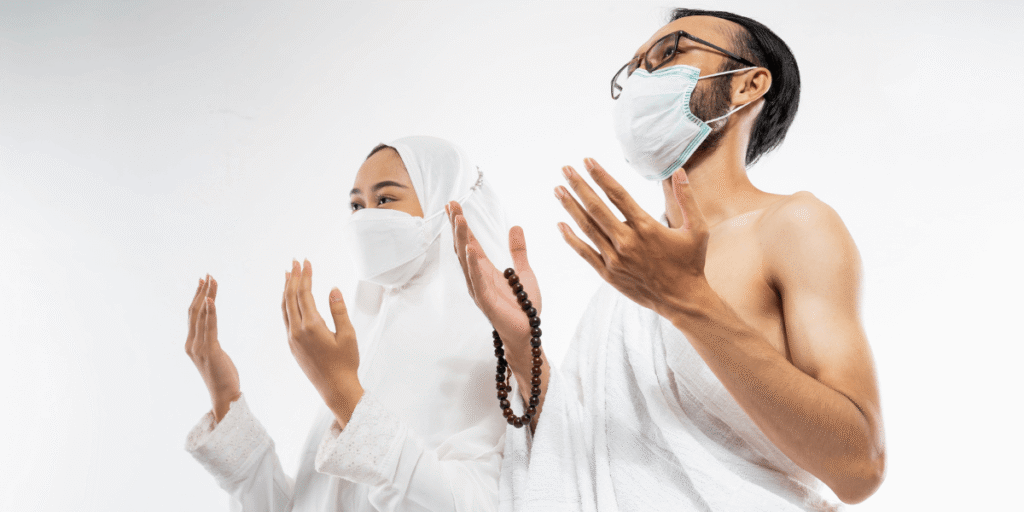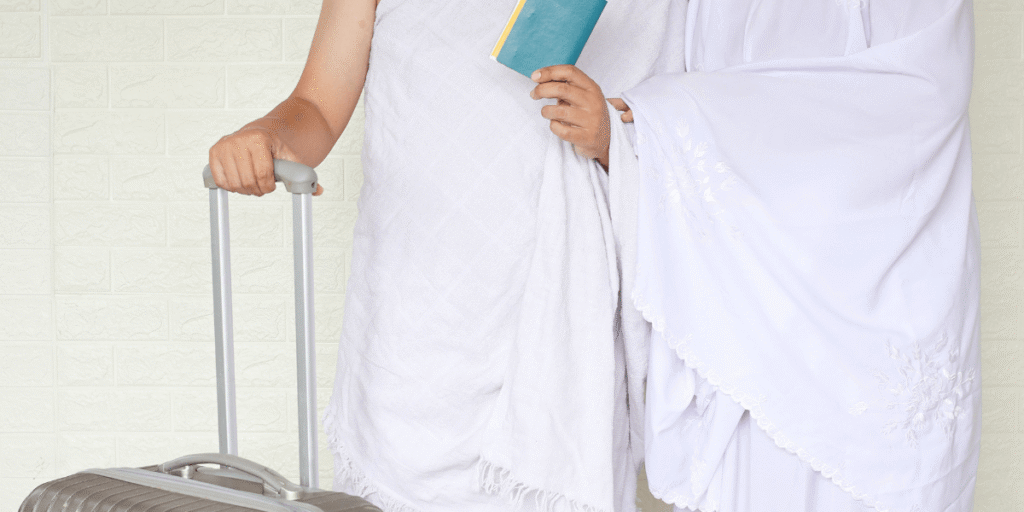Hajj is a journey of faith, devotion, and spiritual transformation. It is one of the five pillars of Islam and a once-in-a-lifetime obligation for those who are physically and financially able. While performing Hajj, Muslims engage in various rituals that symbolize submission to Allah, and dua plays a significant role throughout this sacred trip. Dua is an intimate conversation with Allah, where humans seek forgiveness, guidance, and blessings. Understanding the connection of Hajj rituals and duas, knowing the right moments for dua, and learning what to pray for can enhance the spiritual experience of Hajj.
The Role Of Dua In Hajj
Dua is an act of worship that connects us directly with Allah. During Hajj, it takes on an even greater significance, as the pilgrimage itself is a time of divine mercy and acceptance. Pilgrims travel to the holiest sites in Islam, following in the footsteps of Prophet Ibrahim (AS) and Prophet Muhammad (SAW), and engage in rituals that demonstrate their faith and obedience.
The Prophet Muhammad (SAW) emphasized the power of dua, stating:
“Dua is the essence of worship.” (Tirmidhi)
Hajj is an opportunity to reset one’s spiritual life, and sincere supplication is key to seeking Allah’s forgiveness, blessings, and guidance. The prayers made during Hajj can have a lasting impact, as it is believed that Allah grants the duas of those who sincerely seek Him.
When To Make Dua During Hajj
Certain moments and rituals during Hajj are particularly blessed, making them ideal for duas. Below are the key times to engage in dua:
The Day Of Arafah (9th Dhu Al-Hijjah): The Best Time For Dua
The Day of Arafah is the most significant day of Hajj, and it is a time when duas are most likely to be accepted. Pilgrims gather at the Plain of Arafat, standing in prayer and supplication from noon until sunset. The Prophet Muhammad (SAW) said:
“The best supplication is the supplication on the Day of Arafah.” (Tirmidhi)
During this time, pilgrims should seek Allah’s mercy, forgiveness, and guidance. Even for those who are not performing Hajj, fasting on this day is highly recommended, as it is said to expiate sins from the previous and upcoming year.
Tawaf: Seeking Allah’s Mercy
Tawaf is a fundamental part of Hajj, where pilgrims walk around the Kaaba seven times while reciting prayers. During this act, pilgrims can make personal duas, asking Allah for guidance, protection, and acceptance of their Hajj. One of the best duas for Haj during Tawaf is:
“Rabbana atina fid-dunya hasanatan wa fil-akhirati hasanatan wa qina ‘adhaban-nar.”
(O our Lord! Grant us good in this world and good in the Hereafter, and save us from the punishment of the Fire.) (Quran 2:201)
Sa’i: Praying For Patience And Strength
Sa’i commemorates the struggle of Hajra (RA) in search of water for her son, Prophet Ismail (AS). Pilgrims walk between the hills of Safa and Marwah, symbolizing perseverance and trust in Allah. This is a time to make duas for patience, resilience, and faith. Pilgrims can also make personal duas during this walk, seeking ease in their hardships and gratitude for Allah’s blessings.
Muzdalifah (Spending the Night in Worship): Seeking Allah’s Guidance
After Arafah, pilgrims travel to Muzdalifah and spend the night in prayer. This is an excellent time for deep supplication, asking for Allah’s guidance and wisdom. Pilgrims collect pebbles for the next ritual while continuing to engage in dhikr (remembrance of Allah).
A recommended dua during Hajj in Muzdalifah is:
“Allahumma inni as’aluka al-afwa wal-‘afiyah fid-dunya wal-akhirah.”
(O Allah, I ask You for pardon and well-being in this life and the Hereafter.)
Rami Al-Jamarat: Seeking Protection From Evil
During the Days of Tashreeq, pilgrims throw pebbles at the Jamarat (stone pillars) in Mina, symbolizing their rejection of Shaytan (Satan). While performing this act, they make duas for protection from sin, evil influences, and worldly temptations.
One of the key duas during this ritual is:
“A’udhu billahi min ash-shaytan ir-rajim.”
(I seek refuge in Allah from the accursed Satan.)
This is a reminder to remain steadfast in faith and resist the temptations of the dunya (world).
What To Pray For During Hajj
Hajj is a once-in-a-lifetime opportunity for many Muslims, and making heartfelt duas is essential. While there are no restrictions on what one can ask from Allah, here are some common duas:
- Forgiveness of sins: Seeking Allah’s mercy for past mistakes and transgressions.
- Guidance in faith: Praying for a strong and unwavering connection with Islam.
- Good health and well-being: Asking for strength, both physically and spiritually.
- Success in life and the Hereafter: Seeking prosperity, peace, and eternal happiness.
- Protection from Shaytan: Request Allah’s help to avoid sins and negative influences.
- Unity of the Muslim Ummah: Making dua for peace and harmony among Muslims worldwide.
Pilgrims should also remember to pray for their loved ones, the less fortunate, and the entire Muslim community.
Bottom Line
Learning about Hajj rituals and duas is important for a fulfilling pilgrimage. If you are planning to go for Hajj this year and looking for Haj Packages for Indian nationals, contact Three N Travel & Tourism LLC today for the best Hajj packages for the year 2025.




